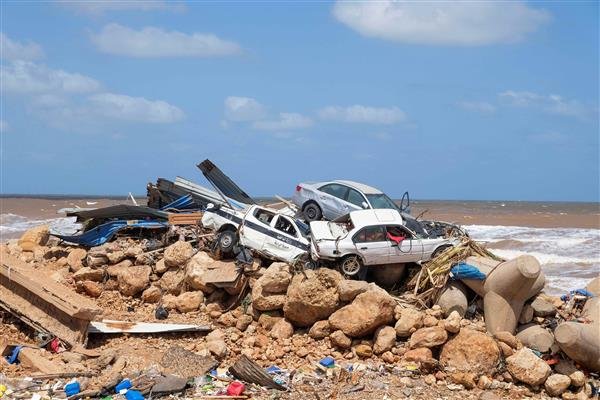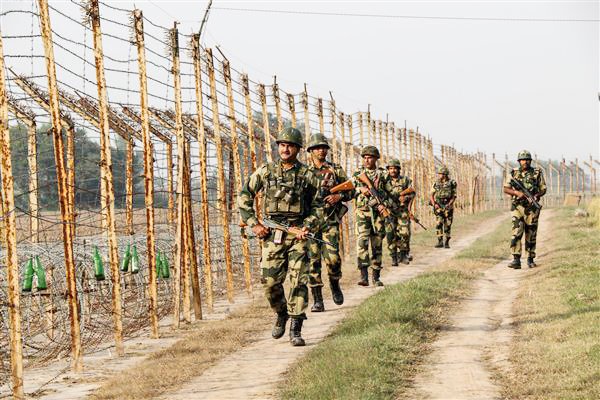The devastating flooding in Libya’s eastern city of Derna has claimed the lives of 11,300 people, according to a report from the United Nations. Additionally, another 10,100 individuals are still missing in the aftermath of the catastrophe, highlighting the magnitude of the disaster. The figures are expected to rise as search-and-rescue teams continue their tireless efforts to locate survivors.
The flooding occurred nearly a week after Storm Daniel struck northeastern Libya, leaving Derna in ruins. The humanitarian situation in the city remains dire, with severe problems related to drinking water supply. Tragically, at least 55 children have suffered from poisoning due to drinking contaminated water.
In addition to the immediate challenges in Derna, the UN has warned of the ongoing danger posed by landmines shifting in flooded areas surrounding the city. These landmines, remnants of years of armed conflict, pose a threat to civilians who venture into the affected regions on foot.
The catastrophe in Derna was triggered by the bursting of two dams upstream from the city. These dams, originally constructed to protect the port city of 100,000 residents, failed under the immense pressure of torrential rains brought by the hurricane-strength Storm Daniel. The devastating floodwaters surged through the city, causing widespread destruction as they flowed toward the Mediterranean.
International aid has begun to arrive in Libya to assist with the emergency response efforts. The flood has displaced at least 40,000 people in northeastern Libya, as reported by the International Organization for Migration. It is likely that the actual number of displaced individuals is higher, given the challenges in accessing the worst-affected areas.
The aid being delivered includes essential medicines, emergency surgical supplies, body bags for handling the deceased, tents, blankets, carpets, hygiene kits, and food. Additionally, heavy machinery is being transported to assist in clearing debris and facilitating recovery efforts.
The catastrophe in Derna underscores the urgent need for humanitarian assistance and recovery efforts. The international community is rallying to support Libya during this crisis, providing critical aid to address the immediate needs of survivors and to aid in the city’s long-term recovery and reconstruction.
As the situation in Derna continues to evolve, the global response serves as a testament to the international community’s commitment to helping those in distress and its determination to mitigate the suffering caused by natural disasters.











